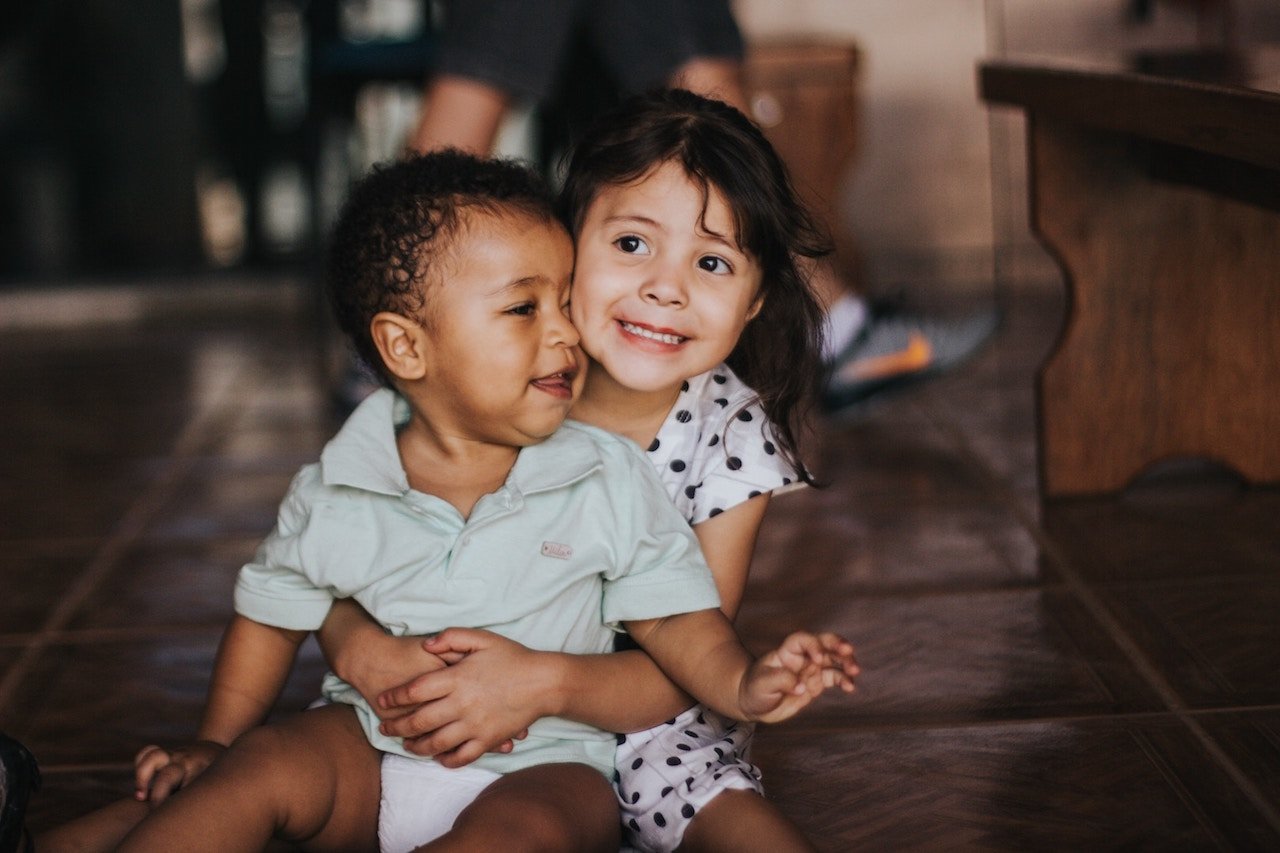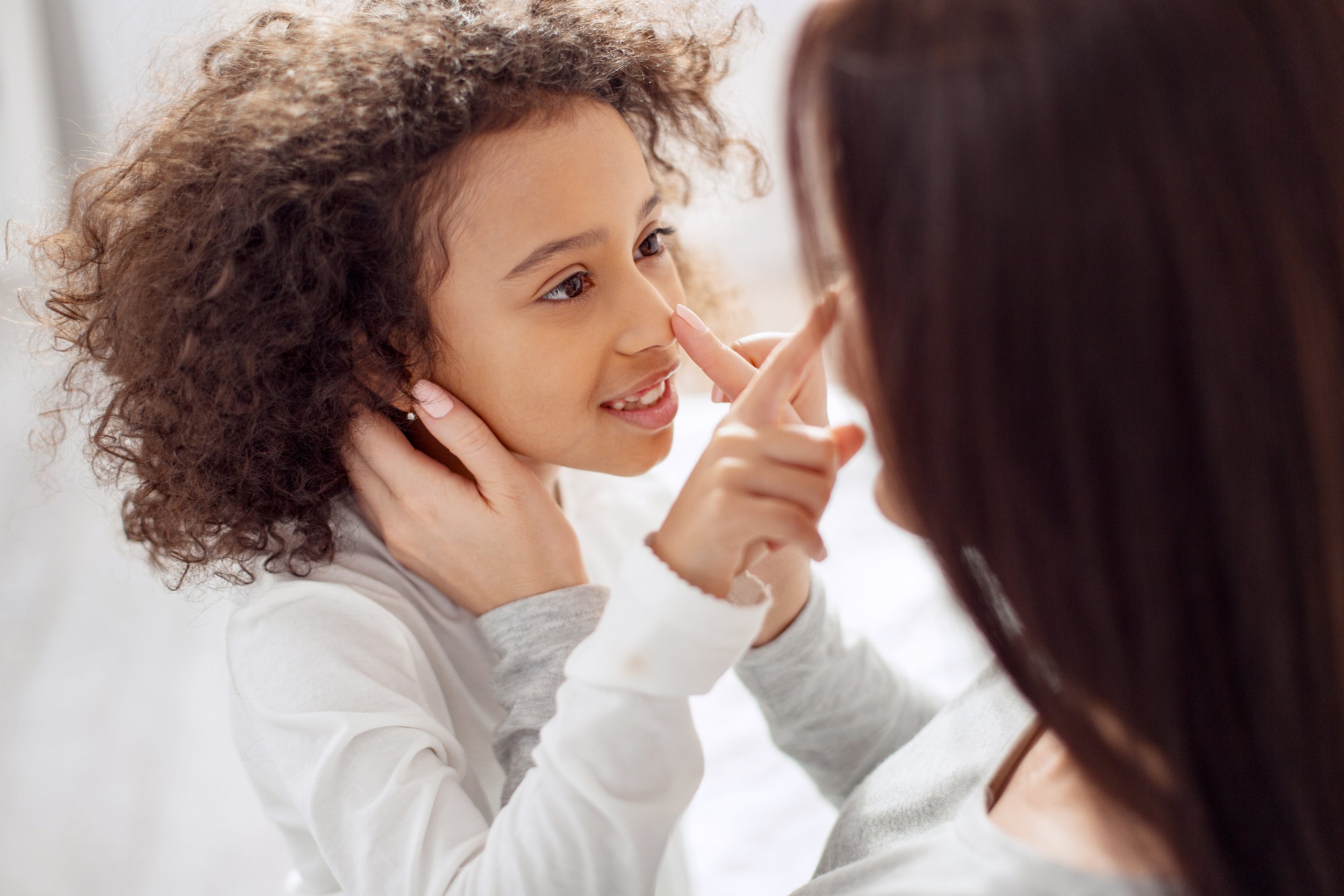
IN-PERSON
Adoption Support
AGES 3 AND UP
Counseling Support for Families joined by Adoption
Parenting can feel lonely and overwhelming. Parenting an adopted child can be more challenging and your family needs even more support. Some common struggles we see in families joined by adoption are:
How do I talk to my child about their adoption?
Why does my child seem so sweet one minute and then totally lose it when they don’t get their way?
Why does my child seem to be so independent and resourceful in some things but so immature in other ways?
It has been years now since we brought our child home why does my child still _________?
How do I know whether my child’s behaviors are adoption related?
Why does my child have difficulties connecting with peers?
My child lies constantly, manipulates others, and seems not to care when they get a consequence.
I feel like I have done everything I can for this child but they still don’t feel loved.
Behavior-based techniques with adopted children are unsuccessful and often frustrate parents. This is because they do not get to the root of the issue, children with adoption trauma need to feel belonging, and connection in order to feel safe.
“However motherhood comes to you, is a miracle” – Valerie Harper
You waited for this child to be yours for what seemed like forever. Throughout the adoption process, you experienced a rollercoaster of emotions. There were so many steps and endless amounts of paperwork. Social workers checked out your home and psychologists asked you invasive questions. Family and friends might have been less than supportive, even making hurtful ignorant comments at times. Regardless, you stuck with it, because you wanted to adopt a child, to give them a loving family and home.
Then you got the call, the voice on the other end telling you, that you were “matched”. You were ecstatic and terrified at the same time.
Finally meeting and holding your child whether they were a baby, toddler or older child was pretty amazing. But just when you thought the hard part was over, a new set of challenges arose. The reality is that adoption itself is traumatic, regardless of the circumstances. These traumatic experiences no matter how long ago they occurred, cause them to act in ways that sometimes make them hard to love. However, these are the very children that need the most love.
OUR APPROACH TO SUPPORTING FAMILIES JOINED BY ADOPTION
Most adoption agencies require that prospective parents take some kind of training in parenting adopted children. You might have even read some books on adoption and attachment, however these measures can fall short of the support you actually need. The experiences in the first two years of a child's life can significantly impact attachment style and the quality of future relationships, and adopted children have experienced abandonment and rejection in some form. They learn that caregivers are unreliable, the world is unsafe and that they have to fend for themselves to survive. So where do you go for support specific to parenting an adopted child?
Adoption has always been in my heart. When it came time to grow my family, my husband and I embarked on our journey to adoption. We now have 2 beautiful children who have transformed my life. They have taught me so much about love and patience. As a mother, I understand.
I, Andrea Vargas, LMHC, RPT-S, am a Licensed Mental Health Counselor, a Registered Play Therapist, and trained in attachment and adoption-related trauma, I can help your family.
I am EMDR (Eye Movement Desensitization Reprocessing) trained and use Theraplay informed interventions to help parents and their children build and strengthen their attachment and relationship. I engage families in playful and nurturing interactive activities that create bonding, practice regulating behavior, and give the child a sense of love and security. Children who truly feel loved, safe, and nurtured no longer need to be in survival mode, which means they no longer “act out”.
Adoption Therapy can help:
Help you understand why your child acts the way they do.
Give you tools on how to regulate your child’s emotions and behavior so that they don’t spin out of control.
Advocate for your child in school and educate their teacher on how to provide the appropriate support for your child.
Guide you in the process of telling your child about their adoption in a way that is developmentally appropriate so that they can understand.
Your child process their thoughts and feelings related to their adoption, through play therapy.
Your child heal attachment-related trauma in order to be able to truly feel safe and loved by you.
Parents feel supported
FAQS
Common questions about therapy
-
During parent feedback sessions, parents discuss their observations, and note their child’s progress and other areas of concern. We feel it is important to keep parents informed of the strategies and techniques their children are learning so that they can help them practice at home.
In family play therapy sessions, parents can discover how family dynamics may be impacting their child, with role-playing, and learn techniques to help their child at home.
-
Our children spend the majority of their time at school. With parents’ written permission, we communicate with your child’s teacher and work with them to support and help your child in school. We are also available to attend IEP meetings and do classroom observations upon request.
-
As adoptive parents, you are likely vigilant of your child’s adjustment and development. If you are expressing some concerns, you are already demonstrating great parenting. Early intervention is always beneficial. Contact me to see how I can help.


